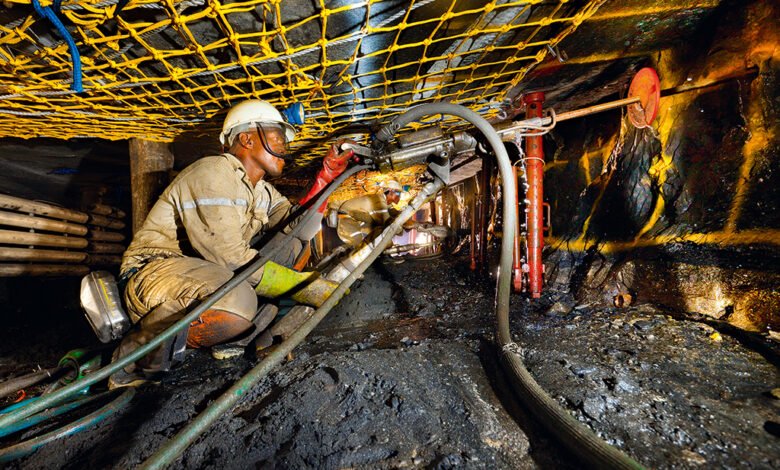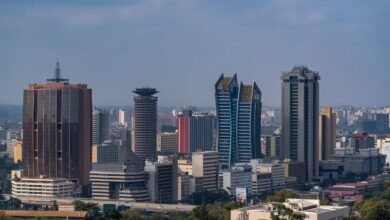
The platinum group metals (PGM) industry in South Africa is considering a restructuring plan due to increasing costs and declining prices, which could lead to job losses ranging from 4,000 to 7,000, according to the country’s Minerals Council.
South Africa, which accounts for approximately 70% of the world’s mined platinum, is exploring ways to restructure its unprofitable production.
This discussion was initiated at the Investing in African Mining Indaba conference in Cape Town.
The Minerals Council discussed the uncertainty faced by the sector, which relies heavily on the automotive industry’s use of PGMs to reduce engine emissions, as the global shift towards electric vehicles continues.
South Africa, a leading global PGM producer, is home to some of the oldest and deepest platinum mines in the world.
These mines are costly to operate, particularly when metal prices are low. Last year, the prices of palladium and platinum dropped by 40% and 15%, respectively, primarily due to weak demand in China.
Electricity and labor costs make up the majority of PGM miners’ total expenses. Consequently, several prominent PGM miners are considering restructuring their operations, which could affect between 4,000 to 7,000 jobs.
During the Indaba, Anglo American’s CEO, Duncan Wanblad, addressed the delegates, saying mining companies’ margins quickly disappear when faced with declining ore grades and sharply increased input costs.
Anglo American Platinum (Amplats), Anglo’s South African PGM unit that employs over 20,000 workers in South Africa, is currently reviewing its costs.
Anglo American plans to reduce capital expenditure by $1.8 billion by 2026, following lower profits and returns for the first half of the financial year.
Sibanye Stillwater, the largest employer in South Africa’s mining sector, has also hinted at restructuring could result in the closure of four unprofitable PGM shafts and the loss of 4,095 jobs. I
mpala Platinum has announced that it is offering voluntary severance packages to its South African workers.






I’m really impressed along with your writing abilities as well as with the format to your weblog. Is that this a paid theme or did you customize it your self? Either way keep up the nice quality writing, it is rare to look a great blog like this one nowadays!
Thanks for sharing. I read many of your blog posts, cool, your blog is very good.
Your point of view caught my eye and was very interesting. Thanks. I have a question for you.
Thanks for sharing. I read many of your blog posts, cool, your blog is very good.
I don’t think the title of your article matches the content lol. Just kidding, mainly because I had some doubts after reading the article.